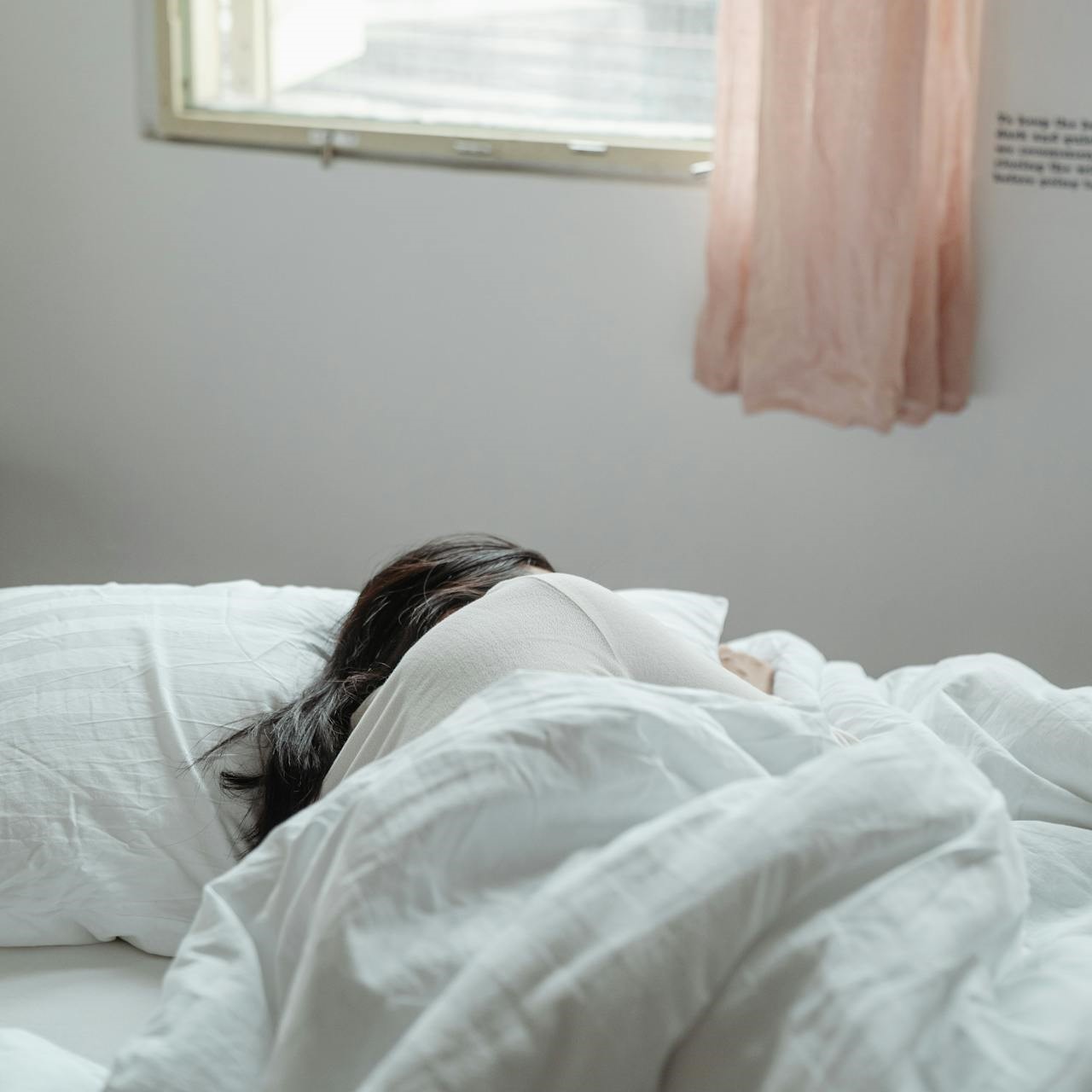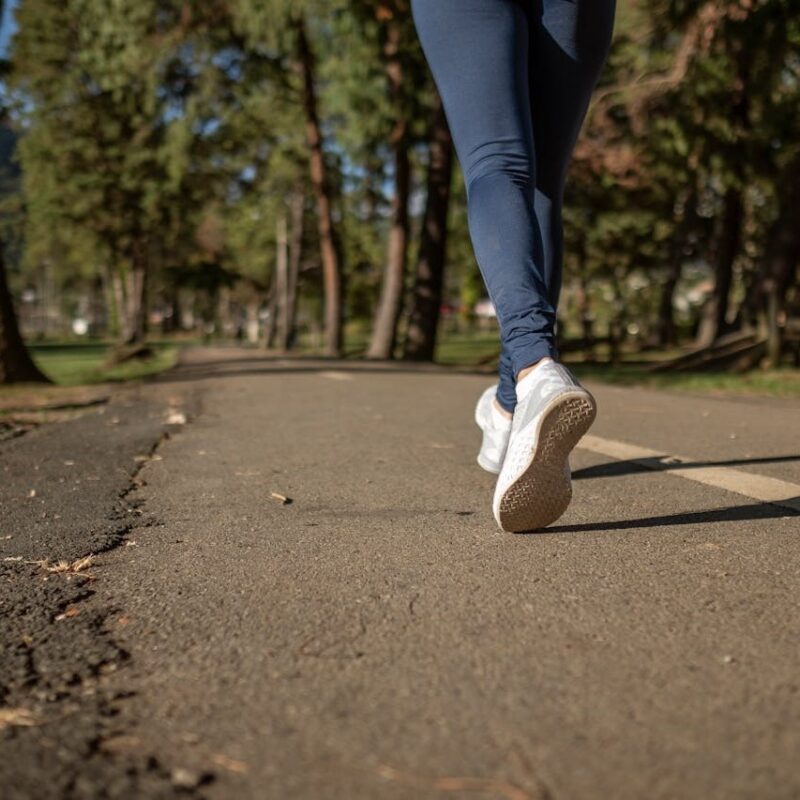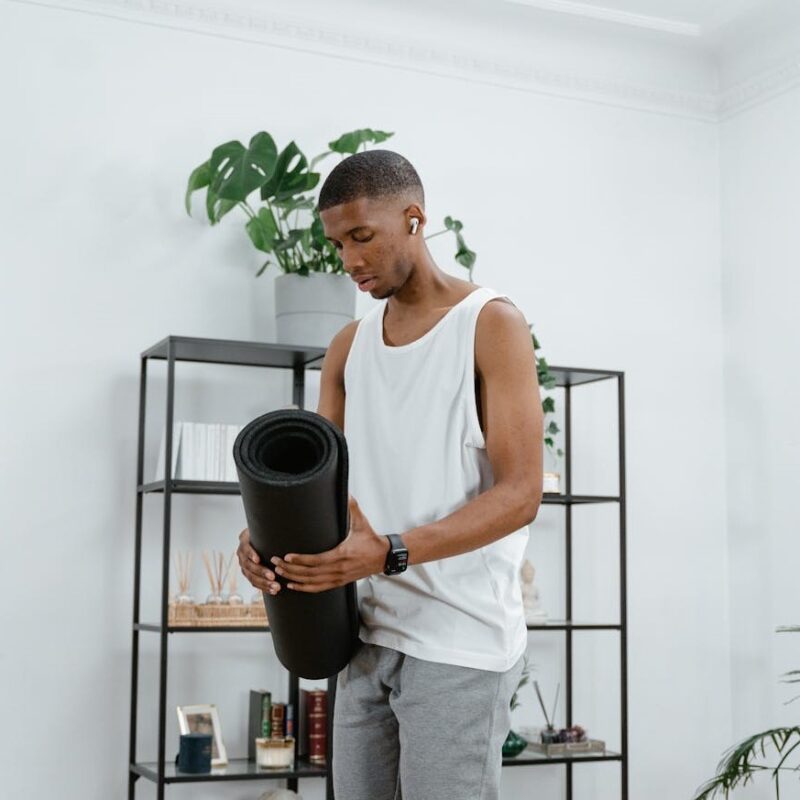With the change in our regular routine due to Suhoor and Iftar, it’s pretty obvious that our routines change in Ramadan. Also, people who need to balance their prayers and work lives struggle to get enough sleep. So, do you need some tips for better sleep in Ramadan?
If you’re also struggling with getting enough sleep in Ramadan, you’re not alone. It becomes even more difficult when you have to manage your work or academics, especially in the last few days of Ramadan, as we tend to pray during the nights of Laylat-ul-qadar.
To help you manage your sleeping schedule, we have some tips for better sleep during Ramadan.
1. Eat the right food

Does eating the right food really impact our sleeping patterns?
Well, somehow, yes.
The thing is, we have often experienced that eating spicy food causes discomfort. The same is the case in Ramadan. In Iftar, we tend to eat too much spicy and oily foods. While it’s true that families want to fill their Iftar tables with delicious foods, we often neglect the fact that spicy foods negatively affect our sleeping schedules.
If you consume too much of it, you’ll experience acid reflux and heartburn. When you try to sleep, you’ll feel discomfort and problems sleeping peacefully.
That’s why it’s important to consider the food you’re eating. If heartburn and digestive problems are your regular concern, recall what you’re eating and try to incorporate healthy foods in your Suhoor and Iftar.
2. Don’t sleep right after eating

A common habit of most Muslims is to offer Fajar prayer and go to sleep.
Have you been doing the same?
If yes, you would have definitely faced trouble sleeping.
It is a common belief that we should not lie down right after eating. It slows down the digestion, and the stomach cannot process the food completely. An ideal belief is that we should not consume anything two or three hours before sleeping.
So, sleeping right after Suhoor or Iftar will be a problem. A better idea is to walk after eating so that the food gets down to the stomach. Apart from boosting digestion, it will also help make your mood better.
After Suhoor and Iftar, a 15 or 30-minute walk is ideal. However, you can always have a longer walk if you want to!
3. Create a peaceful sleeping environment

Despite having low energy levels while fasting, some people cannot get enough sleep. Well, one contributor to this can be a disturbed sleeping place.
If your eating habits are right and you still cannot fall asleep, you should create a peaceful sleeping environment. This can include a quiet and dark space with no disturbance.
You can also put heavy curtains on the windows to block light during the day. Also, make sure that nobody disturbs you while you are in deep sleep.
Another idea is to avoid using mobile phones before sleeping. The light from the phone can disrupt your sleep, and you might stay awake for a few more hours.
We also recommend working out or doing exercise before sleeping. When your body is already tired, you’ll get better sleep.
4. Regulate your sleep pattern
It’s true that our sleep patterns get disturbed in Ramadan because it’s different from our regular routines.
The best time to sleep during Ramadan is after Taraweeh and Suhoor, which is also the traditional way.
Although it will take time to maintain a routine, you can still try making a consistent sleep pattern. In this way, your body will create a rhythm, and you will automatically feel sleepy when the time approaches.
5. Have a power nap

A power nap in the afternoon is one of the best ways to regain energy and fuel yourself for the rest of the day.
If you’re feeling tired in the afternoon after fasting all day, a nap will also help you gain more energy and become active and focused.
Even if it’s for 20 minutes, the benefits of a power nap cannot be neglected. It will help you regain focus, give energy, and improve your mood.
However, it’s important to keep in mind that sleeping too much in the afternoon will leave you feeling groggy. Most of the time, you might feel sleepier than before the nap. So, you should always set an alarm to make sure the nap isn’t long.
6. Try getting consolidated sleep
Instead of relying on short naps throughout the day, you should get enough sleep for longer hours. This practice will help you get deep sleep, which is essential for your well-being.
Therefore, you should try to get more hours of sleep by sleeping after Iftar. You can also get a few hours of sleep after Suhoor to get yourself ready for the day.
7. Avoid foods high in fat
Most of our Ramadan routine consists of eating foods high in fat. Such foods can delay the digestion process as they’re difficult to digest.
So, a better idea is to avoid eating fatty foods in Suhoor and Iftar to get better sleep.
8. Avoid caffeine

Drinking caffeine can make you awake and prevent sleep.
When you’re already struggling to get enough sleep, consuming caffeine will make things worse.
Also, caffeine can cause dehydration, and it’s recommended to avoid caffeine intake during Ramadan because we’re already not consuming enough water.
For all these added reasons, you should avoid caffeine intake, no matter how addicted you are, for the sake of sleeping peacefully.
Take-away message
With the blessings of Ramadan and our focus on strengthening our Imaan, we can stop focusing on ourselves. However, it’s important to remember that a healthy lifestyle is important.
One of the main aspects of a healthy lifestyle is getting enough sleep. While this can be difficult during Ramadan due to changes in our schedules, you can still follow our tips for better sleep during Ramadan.
So, get enough sleep and perform your best with an active and focused mind!













